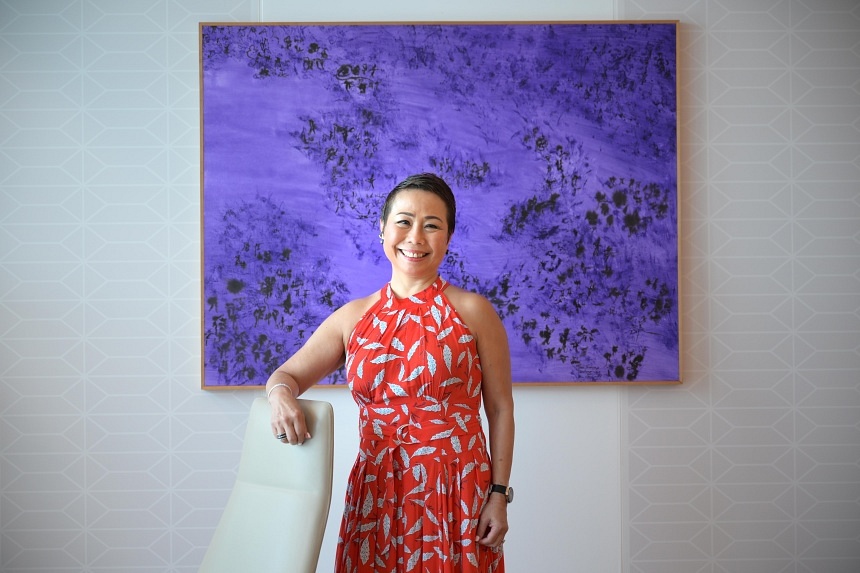SINGAPORE – As the DBS Foundation celebrates its 10th anniversary, it is setting its sights on reshaping how Singapore and the region perceive and support ageing, said foundation head Karen Ngui.
Ahead of the Impact Beyond Summit on Ageing on Nov 11, Ms Ngui said a new $1 billion commitment over the next decade will give DBS Foundation more leeway to tackle macro social issues in the mid to long term.
Its first priority is to address ageing in society.
“When we look at ageing, we are actually trying to address or debunk certain perceptions about ageing,” she said.
Instead of simply looking at it as a phase of decline, the foundation envisions a senior-friendly society supported by innovative solutions and an inclusive environment.
Singapore became an aged society in 2017, and is on track to attain “super-aged” status in 2026. According to the United Nations, a country is super-aged when 21 per cent of its population is aged 65 and older. By 2030, one in four citizens here will be aged 65 and above, up from one in six now.
Ms Ngui believes that while ageing poses challenges, it also opens up opportunities.
For example, there is potential for more products and services for helping younger people prepare for retirement and longer lifespans. Social enterprises and companies can also develop novel solutions, such as creating flexible, small-scale jobs for seniors.
She acknowledged that there have been good initiatives from different organisations, the government and others.
“We feel all the pieces of the jigsaw puzzle are there, but how do we assemble it such that you see that whole picture?” she said.
“So that’s where (DBS Foundation) comes in…we not only bridge the gap, but also try to reshape the narrative over ageing to one focusing on the living and quality of life aspects.”
In September, the foundation launched its Impact Beyond Award, seeking innovation solutions for an ageing society.
Application is open till Nov 30, and three successful applicants will be awarded $1 million each.
“Rather than saying ‘ageing’, we prefer to say ‘longevity solutions’ because people are living longer and such solutions could come in various formats,” Ms Ngui said.

